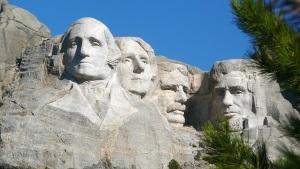Katie works as a writer on InterVarsity's Communications Team. Before that, she was a production associate for twentyonehundred. An English major with a master’s in Communication Management, she gets to do what she loves most: tell stories.
Blog Categories:







Add new comment